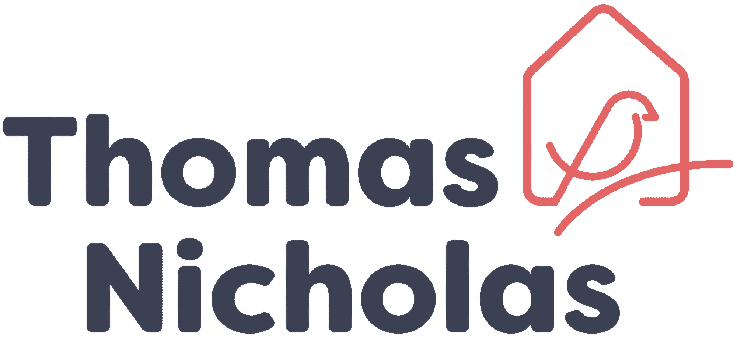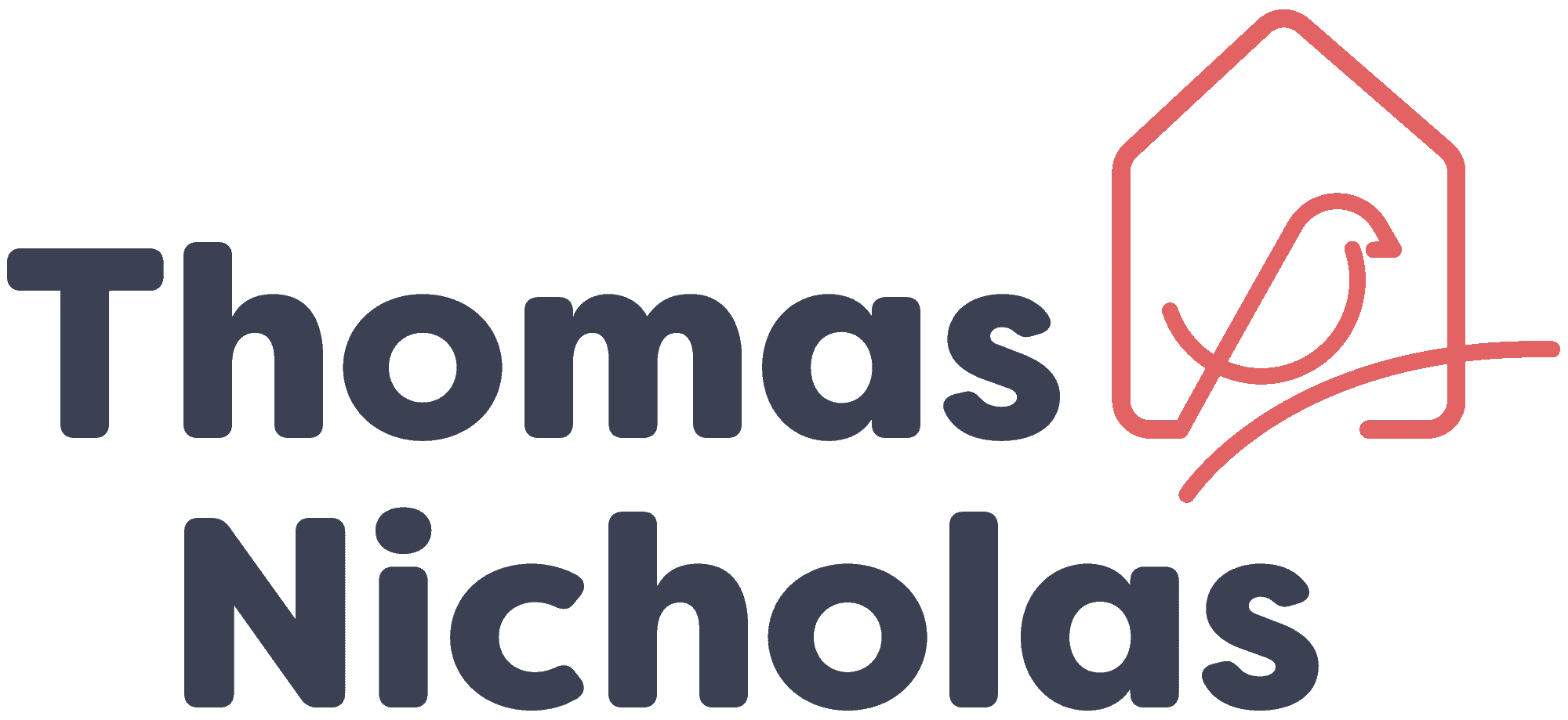Being mortgage-free before you retire is a common goal. It can be difficult to secure a new mortgage deal once you pass retirement age and retiring debt-free means you can make the most of the next stage of your life.
However, high property prices, longer mortgage terms, and other factors mean that millions of people in the UK could retire with outstanding mortgage debt.
If you’re not sure if you’ll pay off your mortgage before you want to retire, there are options.
12% of retirees had outstanding mortgage debt when they retired
Retiring with a mortgage may be more common than you think. According to an LV= survey, around 12% of people that have already retired did so with a mortgage.
The average amount remaining on a mortgage at retirement is £43,000, but 11% had more than £100,000 outstanding.
As house prices have increased significantly over the last few decades, and many people are choosing to pay their mortgage over a longer period, it’s an issue that is likely to affect even more people in the future.
Among those that haven’t retired yet, a third don’t think they’ll have paid their mortgage by the age of 65. And 9% aren’t sure they will ever be able to pay off their mortgage.
It may be something you’re worried about, but there are options available.
If retirement is still several years away, you may be able to pay off or reduce the amount you owe on your mortgage.
With a repayment mortgage, you pay a proportion of what you owe each month. So, assuming you’ve kept up with repayments, when you reach the end of the term, you will own the house outright. Check how long your mortgage term is to understand when you could be debt-free if you maintained current repayments.
If you can, overpaying your mortgage can help you pay off the debt sooner. The overpayment will go to reducing the debt rather than paying off interest.
Some mortgages will charge a fee if you overpay above a certain amount, so you should check the terms of your deal first.
If you don’t think you’ll be able to pay off your mortgage before you retire, here are five options to weigh up.
5 useful options if you’re nearing retirement with a mortgage
1. Continue to repay your mortgage in retirement
A mortgage that extends beyond retirement age can be difficult to secure, but not impossible.
Many lenders will now consider applications from people in their 70s or even 80s. However, you will still need to meet eligibility criteria, including passing affordability checks. This means you’d need to prove you can keep up with repayments.
If you have a reliable income in retirement, such as from a defined benefit pension, this may be an option.
A mortgage broker can help you understand the criteria used by different lenders and which are suitable for older borrowers.
2. Delay retirement
According to the LV= survey, half of people that aren’t sure if they’ll be mortgage-free before they retire plan to continue working in some way.
This flexible approach to retirement could mean you’re able to enjoy the work-life balance you want while still receiving an income.
Some people may plan to continue working full-time until their mortgage is fully paid, while others may choose to work part-time or move into a less demanding position.
Understanding your budget and priorities can help you assess if this is the right decision for you.
3. Downsize
Almost a quarter of people that don’t think they’ll pay off their mortgage before retirement plan to downsize.
Selling your current home and purchasing a cheaper property can mean you’re able to retire debt-free. You may even have some extra cash to put towards your retirement.
While the property market is slowing down, prices are still at a record high. According to the Halifax House Price Index, the average house price in May 2022 was almost £290,000. So, you may be able to sell your home for more than you expect. However, you’re likely to need to set aside a larger budget to purchase your next home too.
4. Use your pension tax-free lump sum
If you have a defined contribution pension, you can usually access your savings from age 55, rising to 57 in 2028. You can often take out up to 25% of your pension tax-free. This could be a useful way to clear your mortgage debt as you retire.
However, you should think carefully before you do this. How would removing a lump sum from your pension affect your retirement income for the rest of your life?
While you may retire mortgage-free, it could mean you struggle financially as your income from your pension may not meet your needs.
If you’re considering this option, speaking to a financial planner can help you understand the long-term consequences.
5. Take out a lifetime mortgage
A lifetime mortgage could mean you’re able to retire and stay in your home without having to make mortgage repayments. However, there are drawbacks that you need to carefully consider.
This type of mortgage allows you to take some of the equity you’ve built up and receive a lump sum, which, in turn, you can use to pay off your outstanding debt.
You don’t have to make repayments with a lifetime mortgage. Instead, the interest is rolled up. The debt would be paid when you pass away or move into long-term care, typically through the sale of your home.
A lifetime mortgage can affect the wealth you leave behind, and it may also affect means-tested benefits you may be entitled to.
Get in touch if you have any questions
If you have questions about your mortgage or the steps you can take if you’re nearing retirement with mortgage debt, please contact us. We can answer questions you may have about the different options.
Please note: This blog is for general information only and does not constitute advice. The information is aimed at retail clients only.
Your home may be repossessed if you do not keep up repayments on a mortgage or other loans secured on it.
Equity Release will reduce the value of your estate and can affect your eligibility for means-tested benefits.



)
